Next to our bedroom, the kitchen is the room people will spend most of their time in when at home. It’s also a room that is often filled with all those time saving gadgets and clutter we bought once upon a time because we thought we needed it. Anyone else got silicone egg poachers that don’t work? No? That’s just me then.
The first waste reducing areas I am going to cover are:
- Plactic Bags
- Tin Foil
- Cling Film
- Baking Paper
- Kitchen Gadgets
- Reducing Plastic From Your Grocery Shop
- Kitchen Roll / Paper Towels
- Tea and Coffee
- Food Waste
- Dish Soaps, Spongers and Scrubbers
- Laundry and the Dishwasher
Let’s get started!
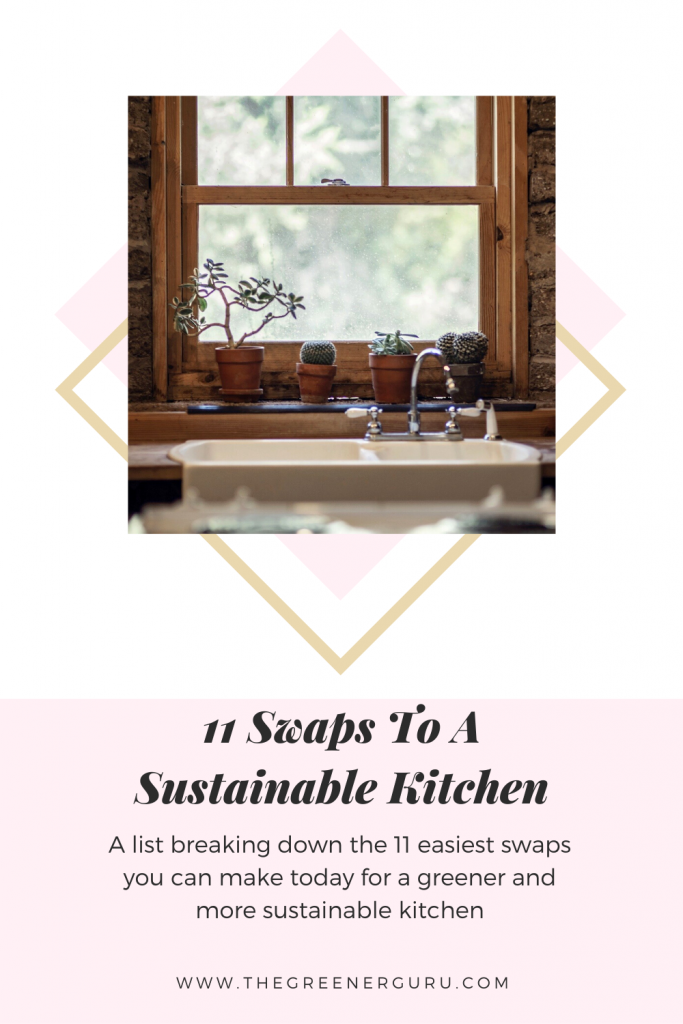
__________
Plastic bags:
Remember when we all had a drawer to keep our shopping bags in to use as bin bags later? Then the bag ban came in and now we wouldn’t dream of buying a grocery shop in single use bags but lots of folks will buy reusable bags when out shopping because they left their own bags at home or in the car. When they get their shopping home in these new reusable bags, they then put them away in the bag drawer. Stop it. Remember your bags when you go shopping! Okay, perhaps that sounds a bit harsh because we all forget to bring our bags every now and again but if we can find mechanisms to stop us forgetting them then we will be less likely to buy more reusable bags to fill our kitchen drawer with. How about we ditch the bag drawer completely and pop our reusable bags back in the car or our handbag when we are done so we won’t forget them next time.
Then we have those food bags people buy to put items in. There are some great alternatives to these and if you invest in buying a handful of silicone bags once you can reuse them for a long time to come. It’s that age old eco problem of yes it will cost you to buy the item initially but long term it will save your pocket and the environment a lot of heartache.
Finally we have the bin bag. Do you buy those now you don’t have single use shopping bags to fall back on as bin bags? Seems futile to give up the shopping bags to then just buy a roll of plastic bin bags. The theory is, if you put your recycling into it’s box or own bin and you put all food waste into a food waste bag then there really shouldn’t be anything going into your bin that is wet and thus you can just tip your whole kitchen bin straight into the outside bin without the need for a plastic liner. Give it a go, even just once to see if it works for you.
Tin foil:
What do you use tin foil for? I’m asking because it’s not something I have ever really bought. If I want to wrap something for the fridge, I put it in a Pyrex dish or some Tupperwear. If I want to wrap something up to bring on the go with me I use Tupperwear or secure a napkin around it. Simple.
Cling film:
Again another item I never have bought for my house. If you use it to cover a dish to keep the food protected then think about getting a reusable silicone lid. These are fab for covering multiple sized dishes and create an air tight seal to keep your food fresh. If as above you use it for sandwiches… im again going to say use Tupperware or secure a napkin around them!
You can buy paper effect bags made from natural fibres that are gorgeous to look at if you want the prettier aesthetic or indeed invest in wax wraps to reuse for sandwiches but either way, ditching the cling film is super easy and convenient to do.
Baking paper:
Okay so this one I did buy and I can see an argument for keeping it as it is paper so won’t cause any long term problems but it still uses unessential resources over and over while we keep purchasing it. Be that the trees cut to produce it or the air and road miles to get it to the grocery shop and onto our homes. I replaced my need for baking paper with silicone baking sheets and silicone bake wear. We have silicone cupcake wrappers which are in pretty colours to keep the kids interested in them. As for what to line your cake tins and bread tins with…butter (in my case vegan spread). It will save things from sticking to the tin and negate the need for baking paper.
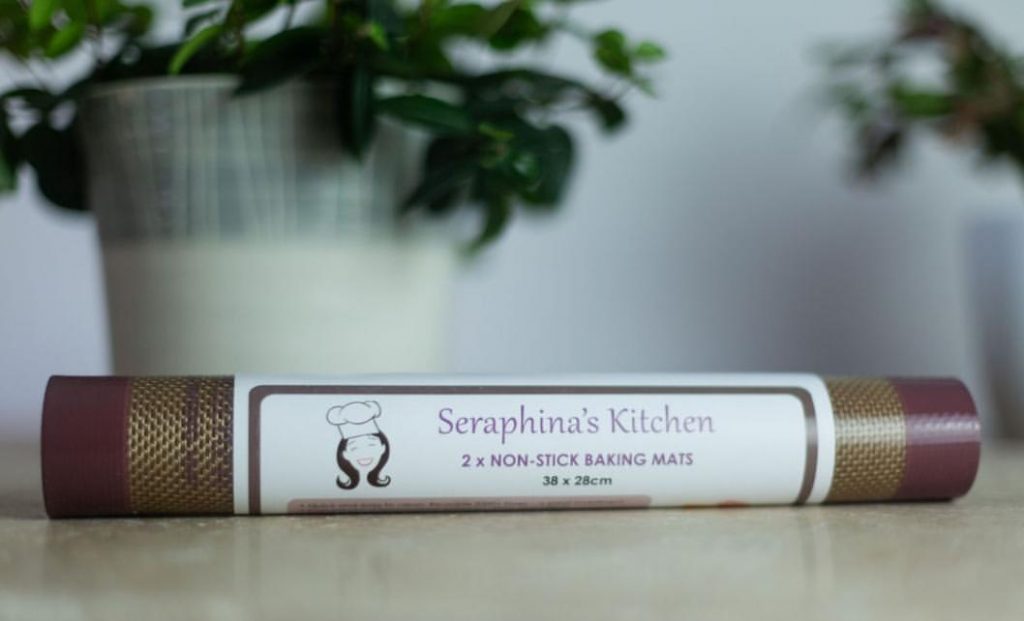
Kitchen Gadgets:
You know the ones I mean, the ones we don’t need but might like (so not your kettle or toaster that you likely use a lot). How often do you plan on using these gadgets? Is it something you will likely use only once or twice a year for making a cake for a party item? Or are you an avid cook or baker who will use it often? If it is the later then I will leave gadgets up to your own judgement but if it’s the first then my cold hard truth is we need to catch ourselves on.
Why are we spending £££ buying objects to not really use it? First we need to ask ourselves when we want a new gadget “Can I borrow this item from a friend?” for those rare occasions you might use it and secondly ask ourselves “Can I source this item second hand?” If so, go with those options. The less of a demand we put out there for products that could easily be shared or passed on, the better it is for the environment around us.
Reduce plastic from your grocery shop:
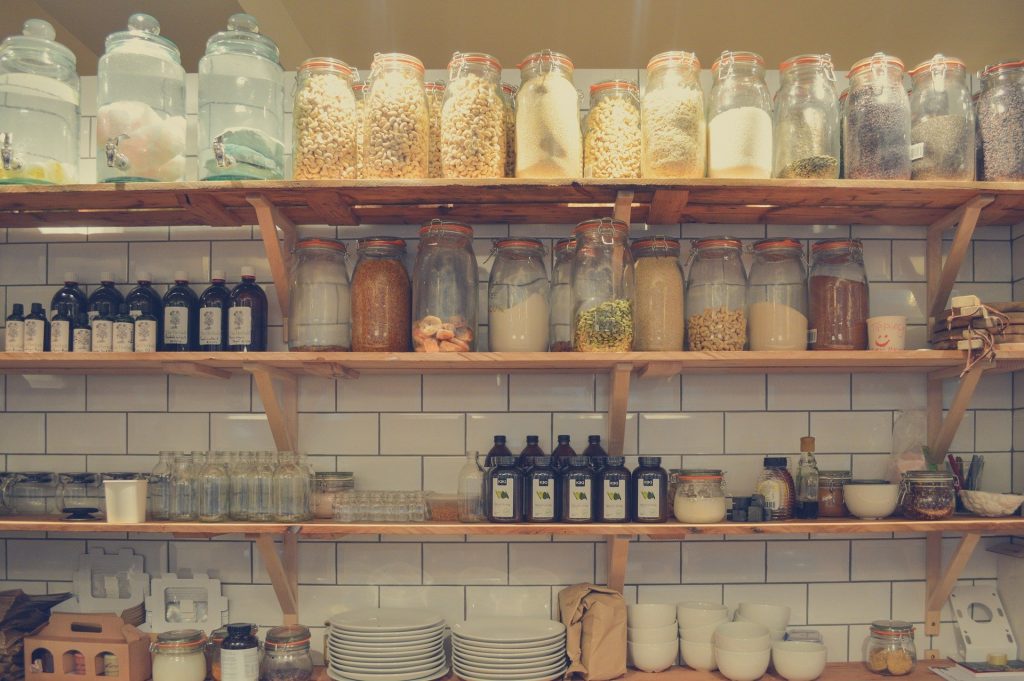
This is one that is a problem for people everywhere. Sometimes it isn’t practice to buy things without plastic and other times it just isn’t in our budget but where possible we should try to reduce it from our grocery shop. A typical example is with our fruit and veg, if there are carrots in a plastic bag next to loose carrots, pop the loose ones into your basket. If you buy dairy and meat produce and can get it from the deli counter in your own containers or reusable wraps then that’s a great small win for each and ever grocery shop you do.
If you want to take this further then definitely try to source a local refill store. This way you can bring your own jars and tubs to fill and pay for the products you buy by the weight. Kind of like an old school sweet shop. Some items will cost more and others will work out less. It really just depends what you are buying.
I dunno about you but I always feel a bit pleased with myself when I walk out of a grocery shop using my own bags and knowing I avoided unessential plastic. #smug
Kitchen roll:
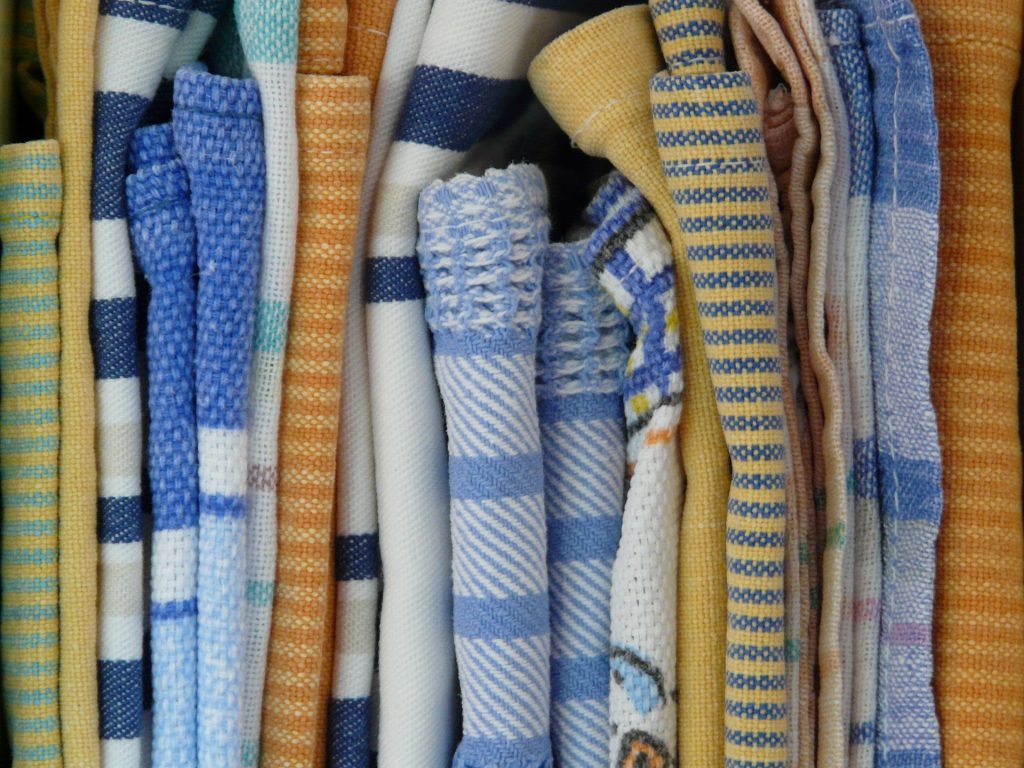
We get through 6.5 MILLION tonnes of this stuff globally each year and while it can be composted most of it ends up in landfill. Now lets look at the maths. If it takes 17 trees to make 1 tonne of paper towels that means over 11 million trees are cut down each year for kitchen roll! I won’t even work out the litres of water polluted because that figure will be even bigger. I can’t even picture what 11 million trees look like, can you?
What can we swap it for? You can buy reusable kitchen roll but if I am honest, I just have extra tea towels and kitchen counter cloths that I use to mop up spills.
Tea and Coffee:

Coffee machines have become so popular because they are seen as more convenient for people to use, even at home. The pods binned from each cup of coffee are going mostly to landfill and the numbers of them being sent there are high. The good news is if you already own one of these machines you can now buy reusable pods for most models which you fill with your coffee of choice. Or if you just fancy upping your coffee credentials you could give a Moka Pot a go.
Some tea bags are made of plastic which not only ends up in our compost bins or rubbish bins but we also drink millions of tiny particles of plastic in each and every cup of tea made with these tea bags. This was actually the reason I gave up tea bags and switch for loose tea. You can pop loose tea into a tea pot with a built in strainer, use an individual strainer or get reusable tea bags – so many options and way better value buying it loose too. I had thought it would be tricky to buy loose tea but honestly, your local supermarket will have several brands of it.
If however loose tea isn’t you bag (get it? – oh I do make myself laugh!) the great news is the super easy fix is buying plastic free tea bags from a brand such as Clippers, their Organic Everyday is my favourite option.
Food waste:
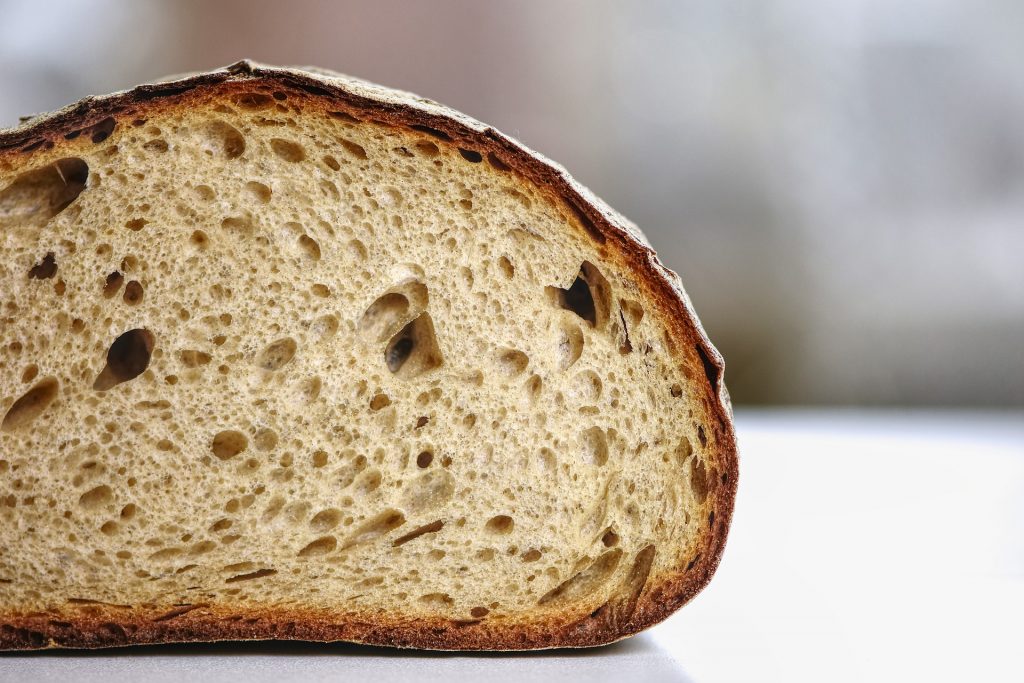
This one is so much bigger than a number on a list but minimising food waste is super important to make our kitchen more sustainable. When buying food, try to meal plan so you don’t over buy and when using up your food, go for the items that need used up first – logical I know but we don’t always do it. If you have any veg starting to look sorry for itself then make a soup and if its the fruit that’s getting towards the end of it’s life make a smoothie.
If you have a compost bin remember to put your food waste into it as putting it in your black bin will send them to landfill were it will be hard for them to break down.
There are a million ways to reduce food waste but if we start by just looking at what we have a thinking about how we can use it in interesting ways rather than wasting it, then we are onto a great start.
Dish soap, sponges and scrubbers:
When hand washing dishes we often reach for a bottle of washing up liquid and the eco version of this is picking up your washing up liquid in a refill store. It will work out cheaper than buying it from the supermarket. Or my favourite option is a block of dish soap. This is another easy swap you can order online from places like DoYourBit.Ni or Earth Made. In my experience they last for ages and I tend to buy a big block which I cut in 2 so I can keep 1/3 in the motorhome and the rest in the kitchen.
I can confess I have bought scrubbers like the Ecoco nut brushes but I have to say I didn’t love their brushes at all as they seemed to squash too easily when I needed them to scrub burnt on dirt. When cleaning dishes by hand I find using hot water, my block of dish soap and a dish cloth is all it normally takes.
You can also buy compostable sponges if you don’t want one you can keep and use over and over and I 100% am looking forward to trying the Eco Living dish brushes where you keep the handle and replace the completely compostable head with a new one when needed!
Laundry and the dishwasher:
You can make your own dishwasher powder and laundry powder – however, I am not a big fan of the results with them. And while I do buy a refill Laundry powder which I love and you can read all about here, I still don’t rate the dishwasher powder so my hunt continues with this.
My top tip to avoid waste with our dishwasher and washing machine is quite simple, wait until they are full to use them. No point putting the wash on for a few items as it will waste a lot of unnecessary energy.
Good luck getting started with those kitchen swaps! Be sure to let me know how you get on.
Emmy x
__________

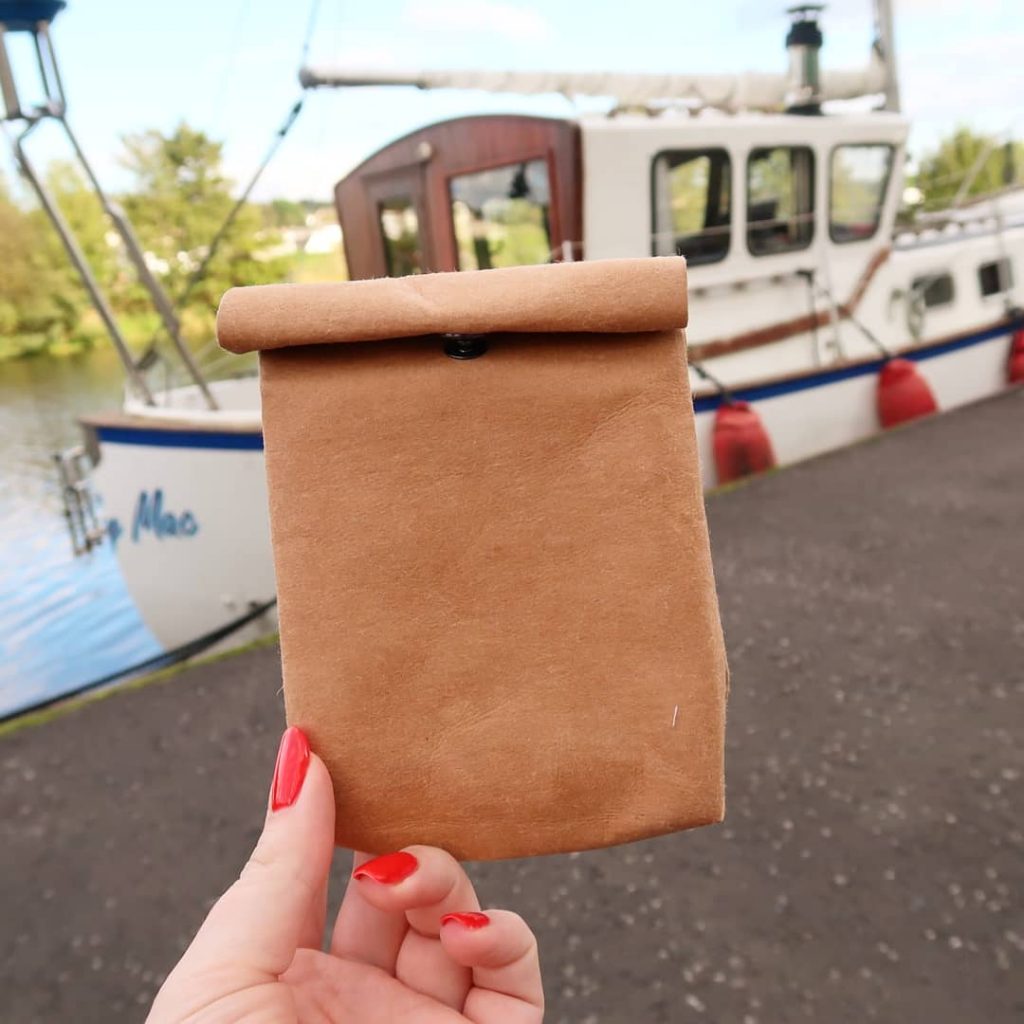
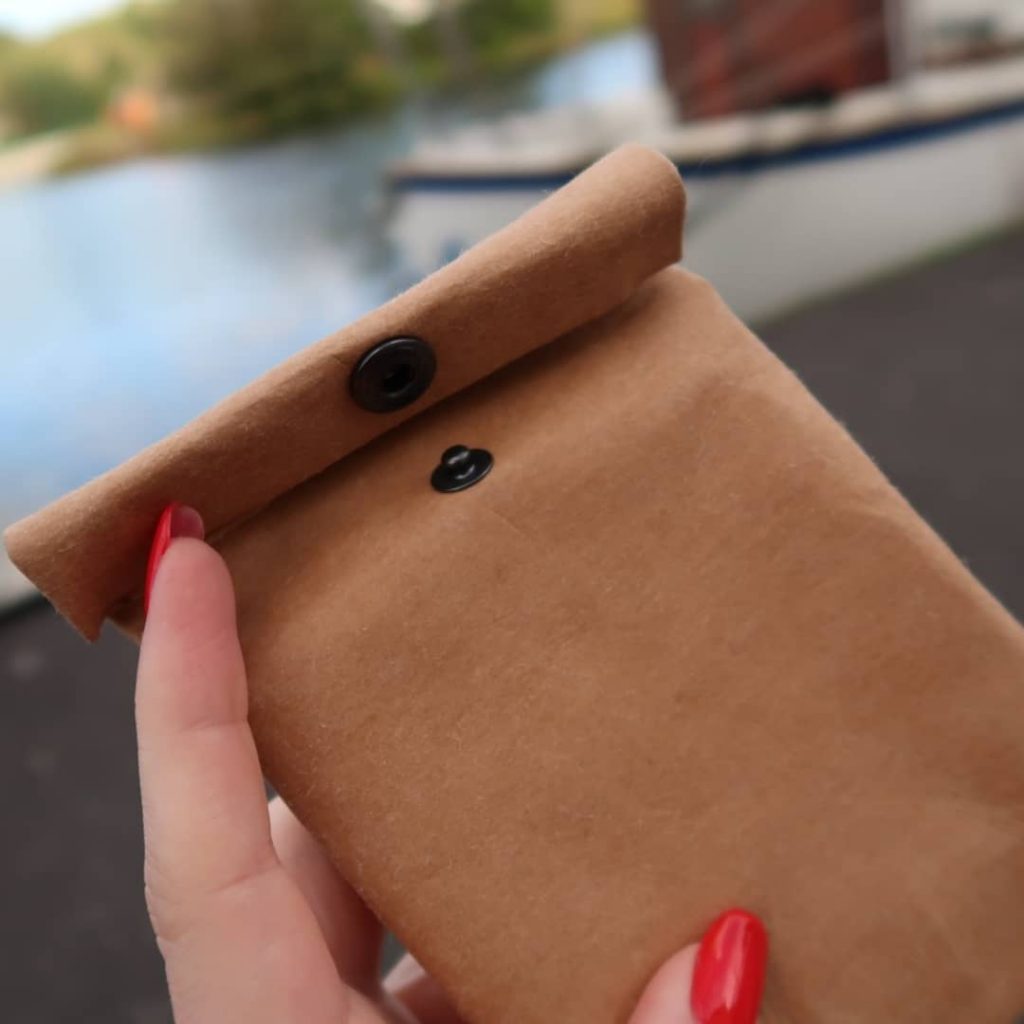

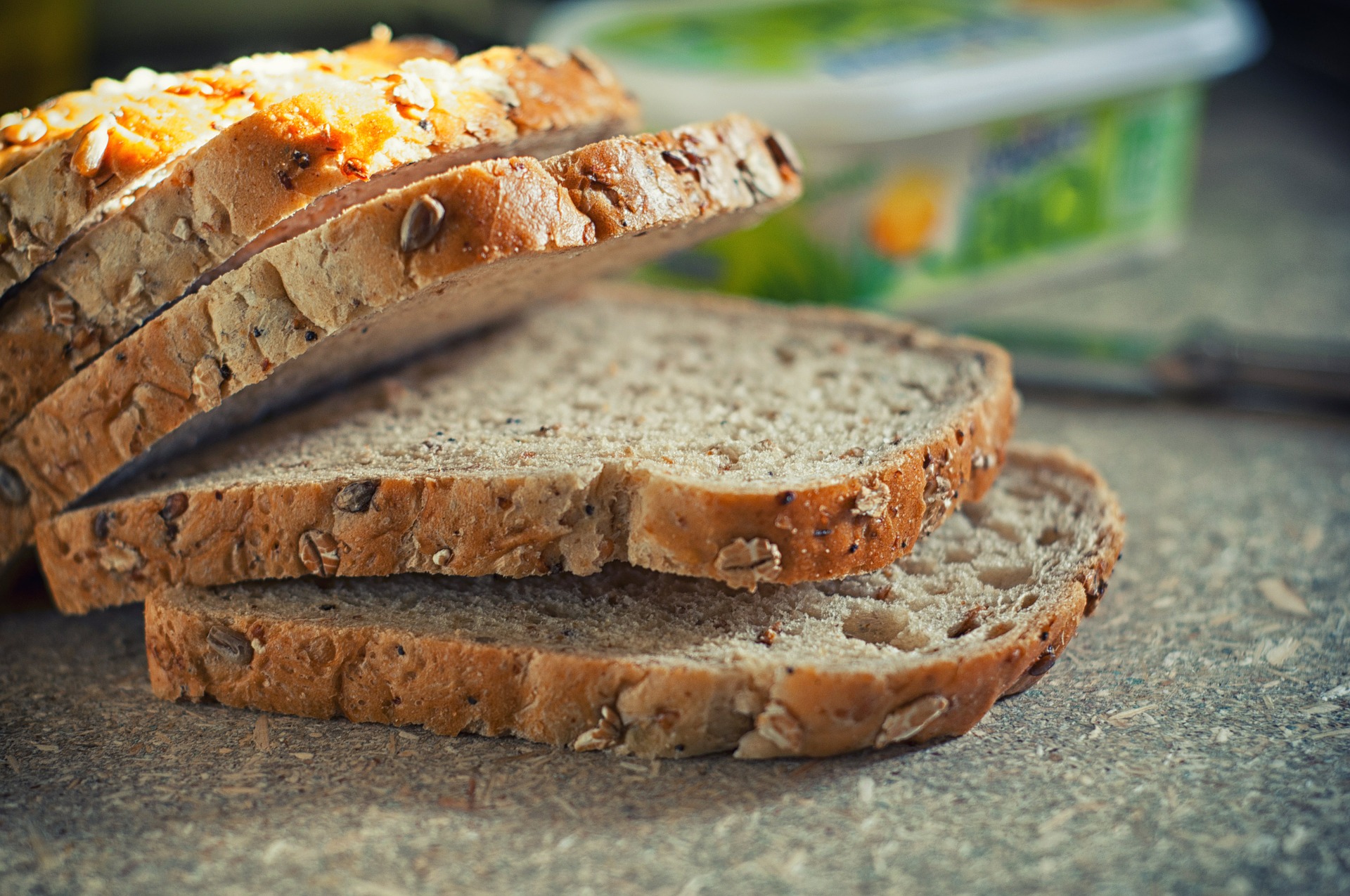
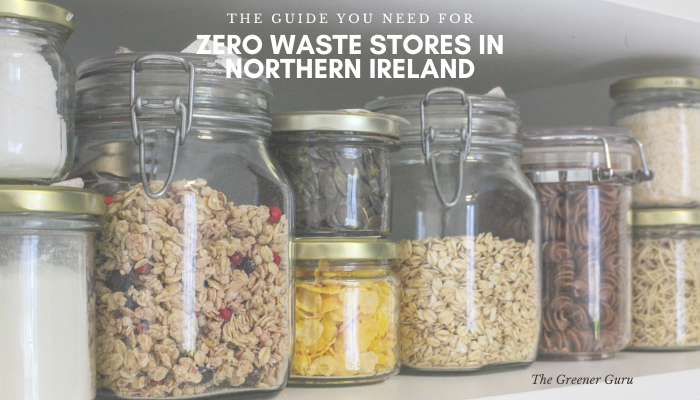
Amazing post! Will give a go to some of the recommendations for sure!
[…] 11 Swaps for a more sustainable kitchen […]
[…] 11 swaps for a sustainable your kitchen […]
[…] 11 swaps for a sustainable kitchen […]
[…] 11 Swaps for a sustainable kitchen […]